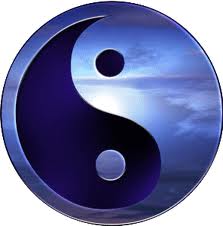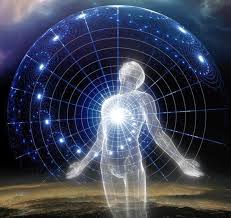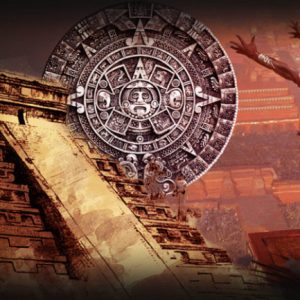Tao Attunement Package
£109.00
Description
The value of these attunements is £930. Includes the following manuals and attunements:
- Becoming Wabi Sabi
- Dragon Pearls Reiki
- Golden Dragon Pearl
- Kukai Mikio wu wei Lingqi
- Fusion Reiki – FREE
- Mindfulness Reiki Do
- Shi Zen – FREE
- Tao Reiki Do – Taoist Reiki
- The Svabavikakaya Attunement
- Three Pure Ones Reiki
- Tibetan Soul Star Reiki
- Tsai Shen Yeh Taoist God of Wealth
- Zen Reiki
Free eBooks:
- Learning Bagua Physical Energetic & Mental Principles
- Mantak Chia – Awaken Healing Energy through the Tao
- Mantak Chia – Taoist Secrets of Love Cultivating the Male Sexual Energy
- Tao Te Ching
TAO ATTUNEMENT PACKAGE DESCRIPTIONS
From Wikipedia:
Taoism, also known as Daoism, is a philosophical tradition of Chinese origin which emphasizes living in harmony with the Tao (Chinese: 道; pinyin: Dào; literally: “the Way”, also romanized as Dao). The Tao is a fundamental idea in most Chinese philosophical schools; in Taoism, however, it denotes the principle that is the source, pattern and substance of everything that exists.[1][2] Taoism differs from Confucianism by not emphasizing rigid rituals and social order.[1]Taoist ethics vary depending on the particular school, but in general tend to emphasize wu wei (action without intension), “naturalness”, simplicity, spontaneity, and the Three Treasures: 慈 “compassion”, 儉 “frugality”, and 不敢為天下先 “humility”.
The roots of Taoism go back at least to the 4th century BCE. Early Taoism drew its cosmological notions from the School of Yinyang (Naturalists), and was deeply influenced by one of the oldest texts of Chinese culture, the I Ching, which expounds a philosophical system about how to keep human behavior in accordance with the alternating cycles of nature. The “Legalist” Shen Buhai (c. 400 – c. 337 BC) may also have been a major influence, expounding a realpolitik of wu wei.[3] The Tao Te Ching, a compact book containing teachings attributed to Laozi (Chinese: 老子; pinyin: Lǎozǐ; Wade–Giles: Lao Tzu), is widely considered the keystone work of the Taoist tradition, together with the later writings of Zhuangzi.
By the Han dynasty (206 BCE–220 CE), the various sources of Taoism had coalesced into a coherent tradition of religious organizations and orders of ritualists in the state of Shu (modern Sichuan). In earlier ancient China, Taoists were thought of as hermits or recluses who did not participate in political life. Zhuangzi was the best known of these, and it is significant that he lived in the south, where he was part of local Chinese shamanic traditions.[4]
Female shamans played an important role in this tradition, which was particularly strong in the southern state of Chu. Early Taoist movements developed their own institution in contrast to shamanism, but absorbed basic shamanic elements. Shamans revealed basic texts of Taoism from early times down to at least the 20th century.[5] Institutional orders of Taoism evolved in various strains that in more recent times are conventionally grouped into two main branches: Quanzhen Taoism and Zhengyi Taoism.[6] After Laozi and Zhuangzi, the literature of Taoism grew steadily and was compiled in form of a canon—the Daozang—which was published at the behest of the emperor. Throughout Chinese history, Taoism was nominated several times as a state religion. After the 17th century, however, it fell from favor.
Taoism has had a profound influence on Chinese culture in the course of the centuries, and Taoists (Chinese: 道士; pinyin: dàoshi, “masters of the Tao”), a title traditionally attributed only to the clergy and not to their lay followers, usually take care to note distinction between their ritual tradition and the practices of Chinese folk religion and non-Taoist vernacular ritual orders, which are often mistakenly identified as pertaining to Taoism. Chinese alchemy (especially neidan), Chinese astrology, Chan (Zen) Buddhism, several martial arts, traditional Chinese medicine, feng shui, and many styles of qigong have been intertwined with Taoism throughout history.
You must be logged in to post a review.







Reviews
There are no reviews yet.